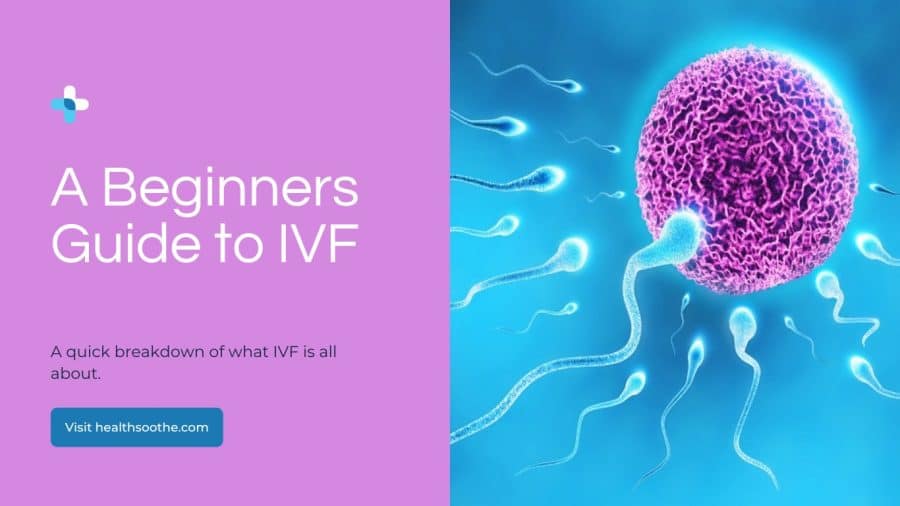Fertility treatment is one of the fastest growing areas in modern medicine. The growth is a consequence of the high rate of infertility worldwide and the expansion of sperm bank programs. Currently, IVF is one of the most popular procedures performed in fertility treatment owing to the unmatched results and good accessibility. The therapy has approximately forty per cent live birth rate for women under thirty-five, and results are improving daily with innovations in the field. Although it’s a complex procedure, it’s quite simple to understand. Here is a quick breakdown of what IVF is all about.
What is IVF?
In vitro fertilisation (IVF) is a medical procedure that involves fertilising an egg with sperm in an incubator to conceive a child. After a stimulation procedure, the eggs are removed directly from the ovaries and transferred to the lab. In the lab, the egg is artificially fertilised with sperm to yield a zygote, the first product of conception. Finally, the fertilised egg is placed back in the womb after a few days of development to continue with normal growth.
Who benefits from IVF treatment?
Patients are often referred to the fertility clinic for IVF with a diagnosis of infertility. At the first encounter, fertility experts take a thorough history and make a detailed evaluation of the patient. All treatment options are then laid out depending on individual findings.
In most cases, IVF is the treatment of choice for patients with conditions like primary infertility, damaged tubes, and sperm pathologies. Nonetheless, fertility experts provide the ideal recommendations. Moreover, a criteria is followed to stratify IVF candidates since the success rate varies based on several factors.
Single women and IVF have become synonymous as sperm donation increases in popularity. Moreover, women keen to use surrogacy are also enrolling for IVF.
Preparation for IVF
Nutrition and lifestyle choices can impact fertility. As a result, proper diet and exercise are essential for a successful IVF treatment. Here are some dietary and lifestyle changes recommended for successful IVF therapy.
Dietary recommendations
A well-balanced diet containing vitamins, fruits, and quality protein resources is standard for anyone looking to get an IVF. Patients need to consume meals rich in vitamin D3 (2000 IU/day), Coenzyme Q10 (400–600 mg/day), and omega-three fatty acids (1000 mg per day). Furthermore, unsaturated fats such as olive and vegetable oils, avocados, nuts, and some fish are considered valuable.
It’s essential to stay away from bad fat and unhealthy artificial ingredients. You can contact a dietician if you are unsure about what to put on your plate.
Lifestyle changes
Lifestyle modifications improve fertility and increase success rates in IVF candidates. Weight management, in particular, is important since anyone looking to get an IVF is advised to maintain a body mass index between 19 and 26 kg/m2. Therefore, some practices must be followed to meet this target.
Firstly, exercise is central in managing weight and improving cardiovascular health. Fertility experts recommend getting on a workout routine that fits your abilities. Secondly, managing stress is important since physiological functions like ovulation are compromised with high-stress levels. Therefore, yoga and other stress management tactics are important for the success of IVF. Thirdly, all IVF candidates are encouraged to get adequate sleep since a rested body works at optimal levels. Lastly, dropping unhealthy habits like smoking and excessive alcohol consumption is important before enrolling for an IVF. Once you are ready, the rest of the work is often left to the fertility experts.
If you want to try IVF, get in touch with the right professionals, and they will sign you up on a journey to conceive.


